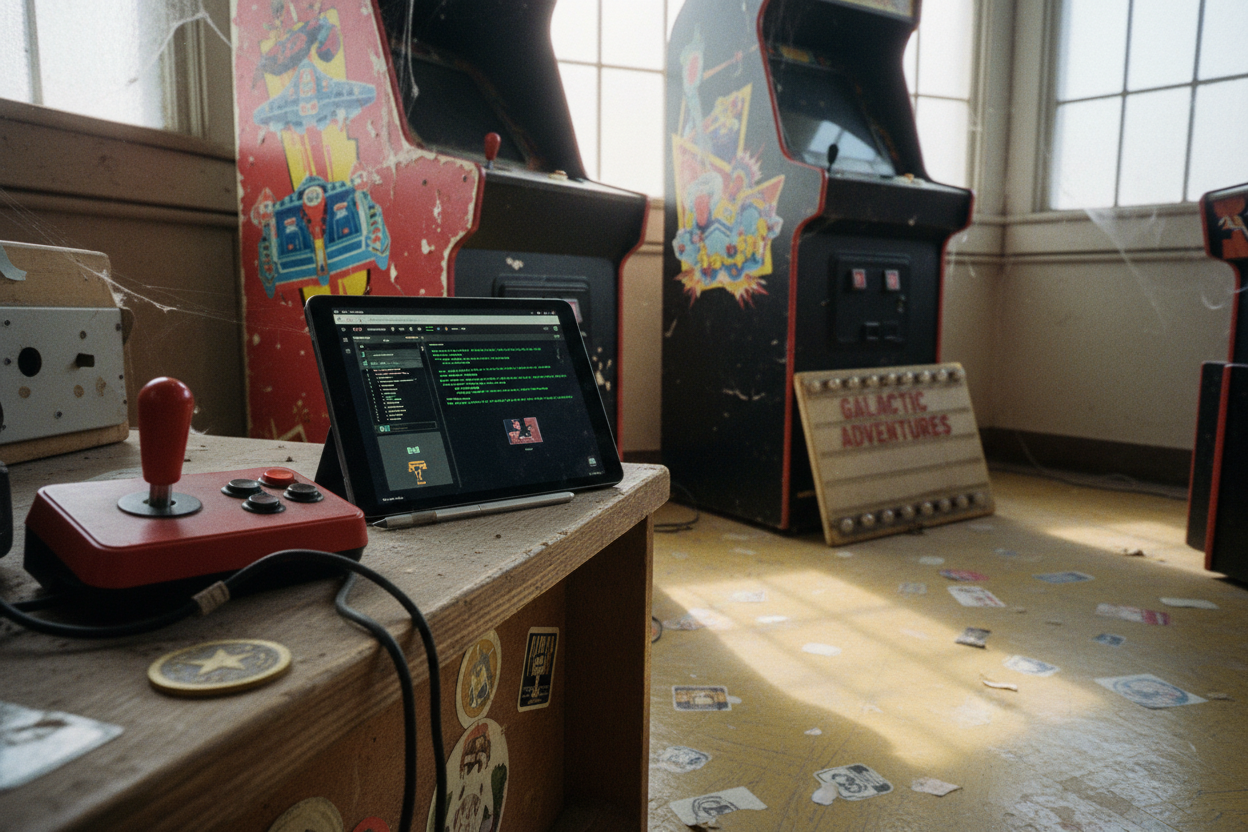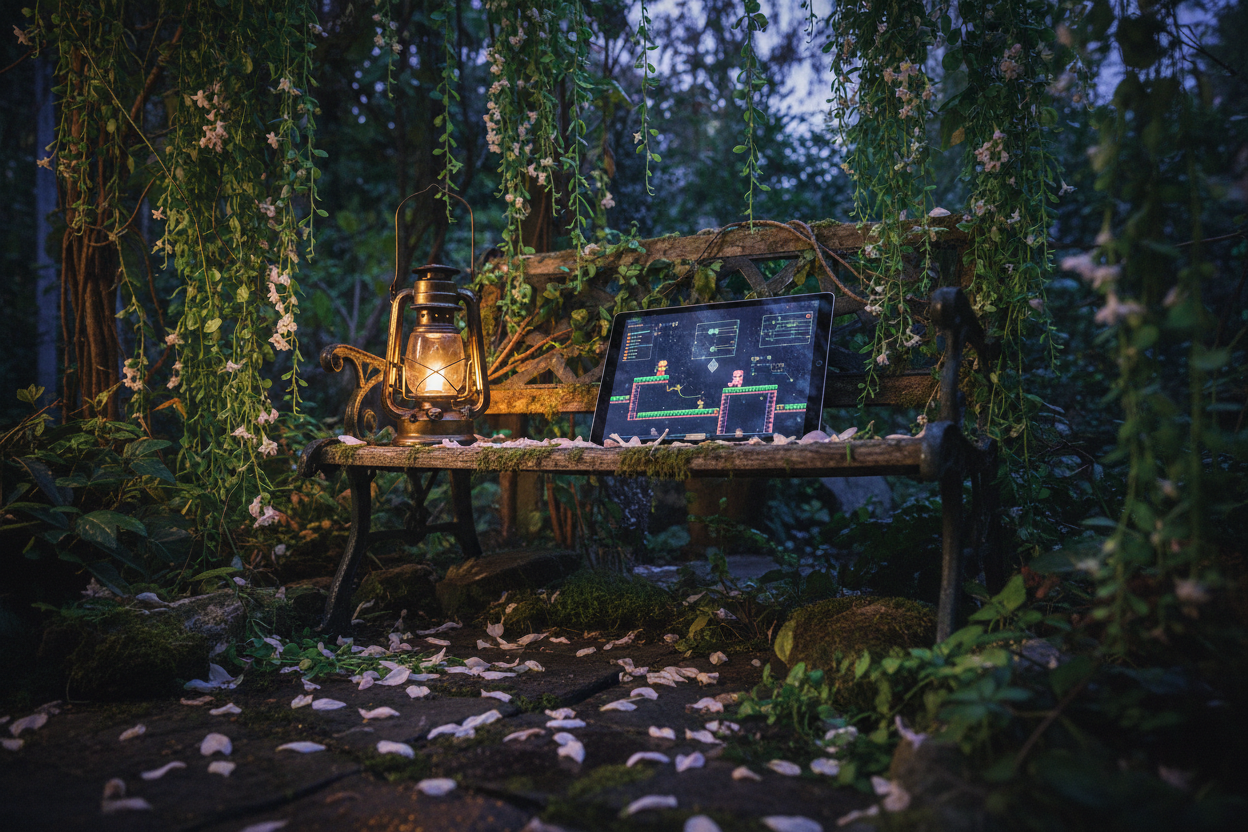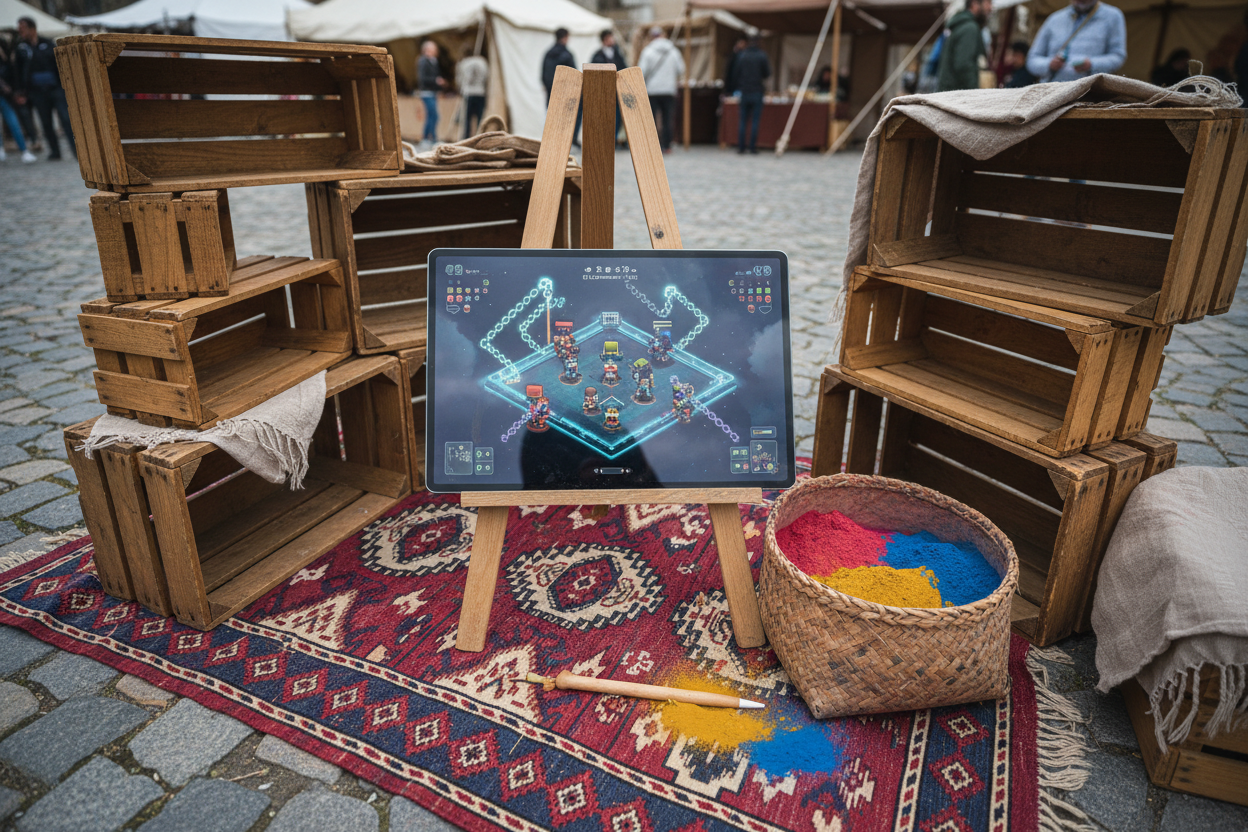Building Real-Time On-Chain Worlds: The Tech Behind Block Stranding and Monad Games

Real-time, fully on-chain MMORPGs have long been the holy grail for blockchain gaming visionaries. Today, projects like Block Stranding and the emerging ecosystem of Monad blockchain games are making that dream tangible. These next-generation titles are not only pushing technical boundaries but also redefining what “on-chain” actually means for gameplay, player agency, and digital economies.
The Leap: From On-Chain Assets to On-Chain Worlds
Most so-called “blockchain games” historically limited themselves to NFTs or tokenized assets, with core gameplay still running off-chain. Block Stranding and Monad-based games break that mold by putting every action – from movement to crafting – directly onto the blockchain. This shift unlocks true composability, transparency, and player-driven economies.
Block Stranding, built on Solana and powered by the MagicBlock engine, is a case study in real-time on-chain architecture. The game’s recent stress test saw over 120,000 transactions executed in just 20 minutes at more than 100 TPS, all with zero fees and a jaw-dropping 10ms latency. For players, this means instant feedback and seamless multiplayer experiences rivaling traditional MMOs – but with every move cryptographically secured and recorded on Solana’s high-throughput ledger.
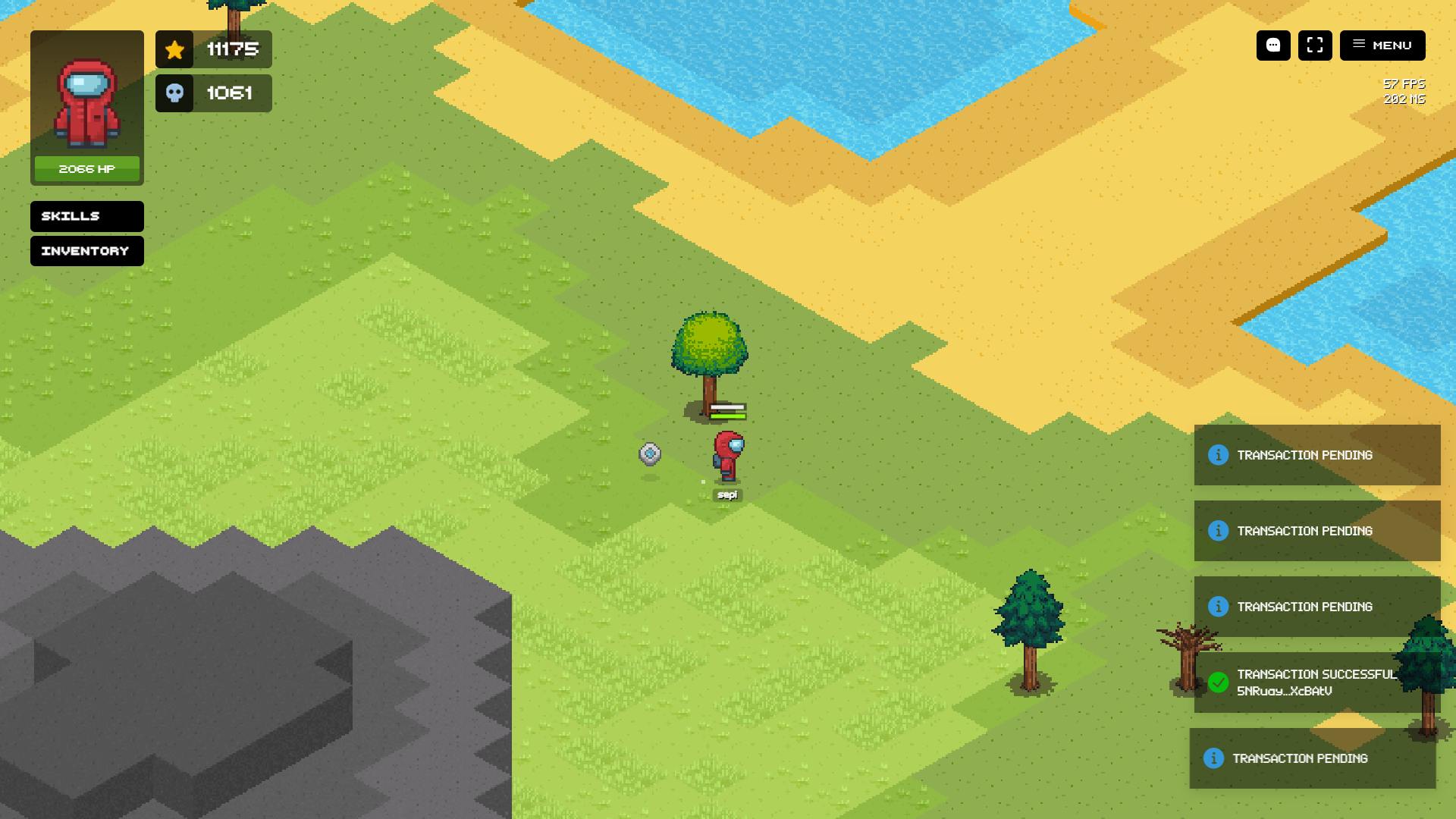
The MagicBlock Engine: Real-Time On-Chain at Scale
The heart of Block Stranding’s innovation is the MagicBlock engine. By optimizing transaction batching and leveraging Solana’s parallel processing capabilities, MagicBlock turns what would be a bottleneck in older blockchains into an advantage. Players can interact in an open world without lag or prohibitive gas fees – a first for fully on-chain MMORPGs.
What Sets Block Stranding’s Architecture Apart
-
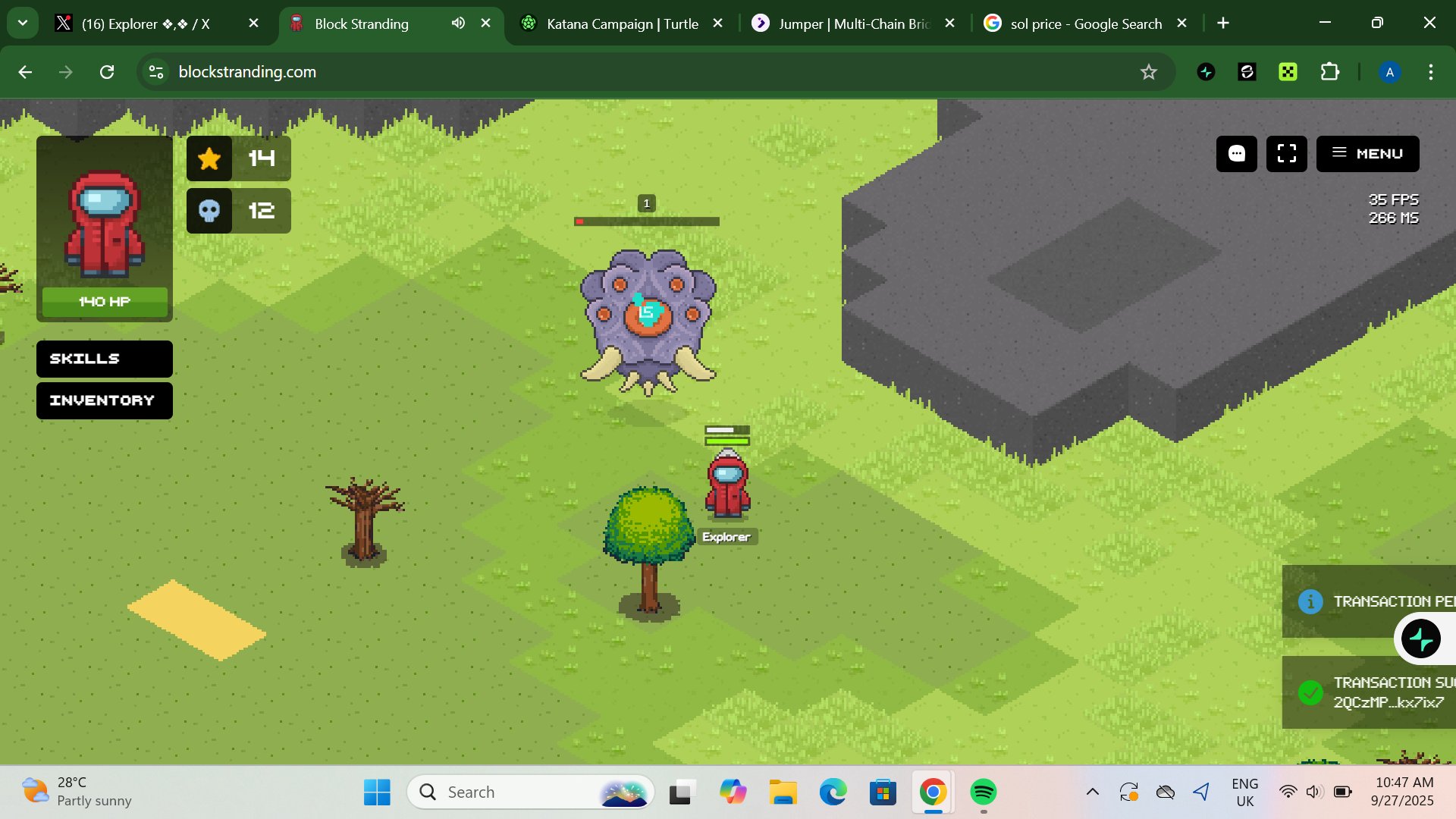
Real-Time, On-Chain Gameplay via MagicBlock Engine: Block Stranding uses the MagicBlock real-time engine to process every in-game action as an on-chain transaction, achieving zero fees and 10ms latency for seamless player experiences.
-
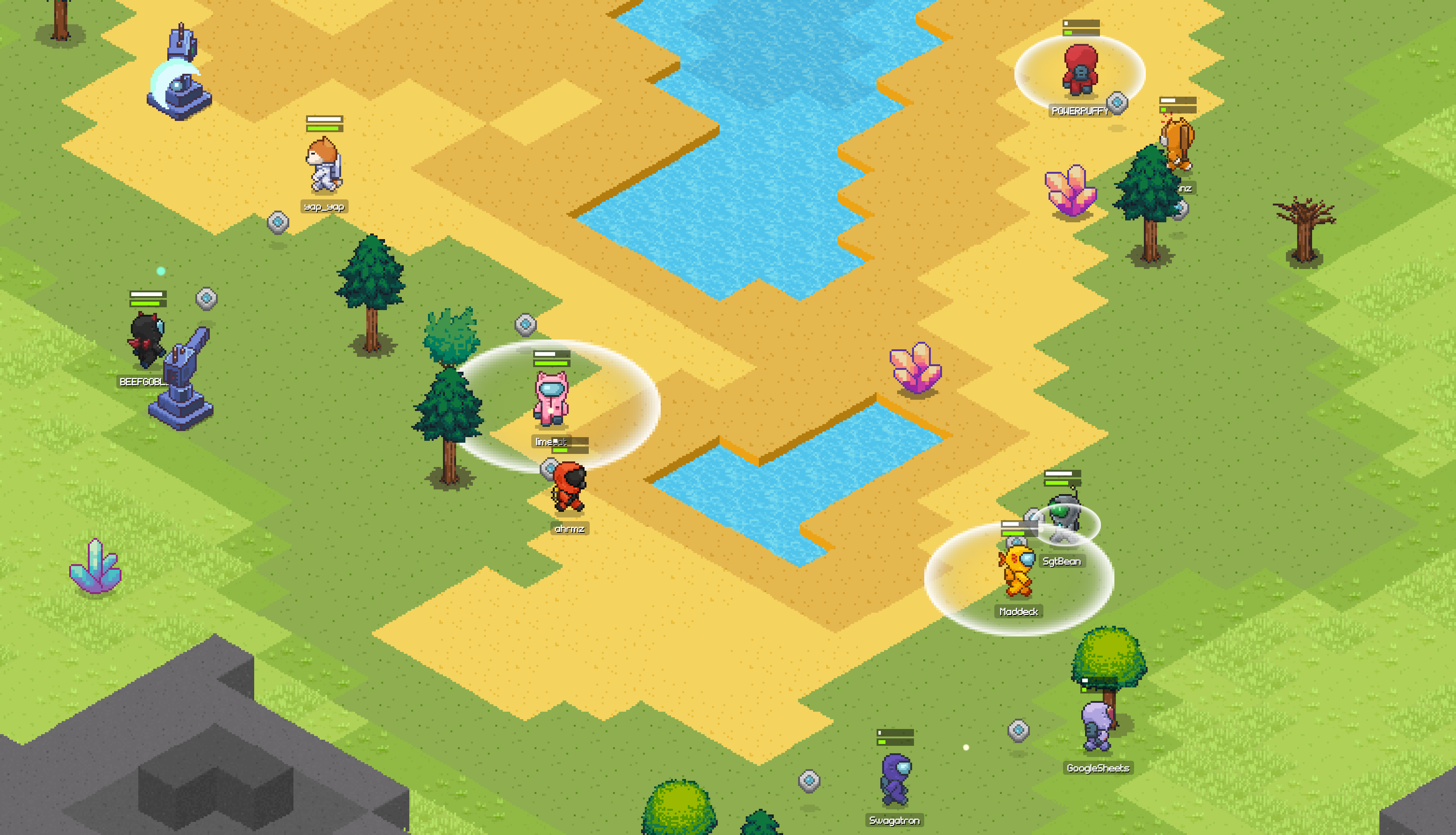
High-Throughput Performance on Solana: By leveraging Solana’s scalable blockchain, Block Stranding supported over 100 transactions per second (TPS) and handled 120,000 transactions in 20 minutes during live stress tests—far surpassing legacy blockchain game capabilities.
-
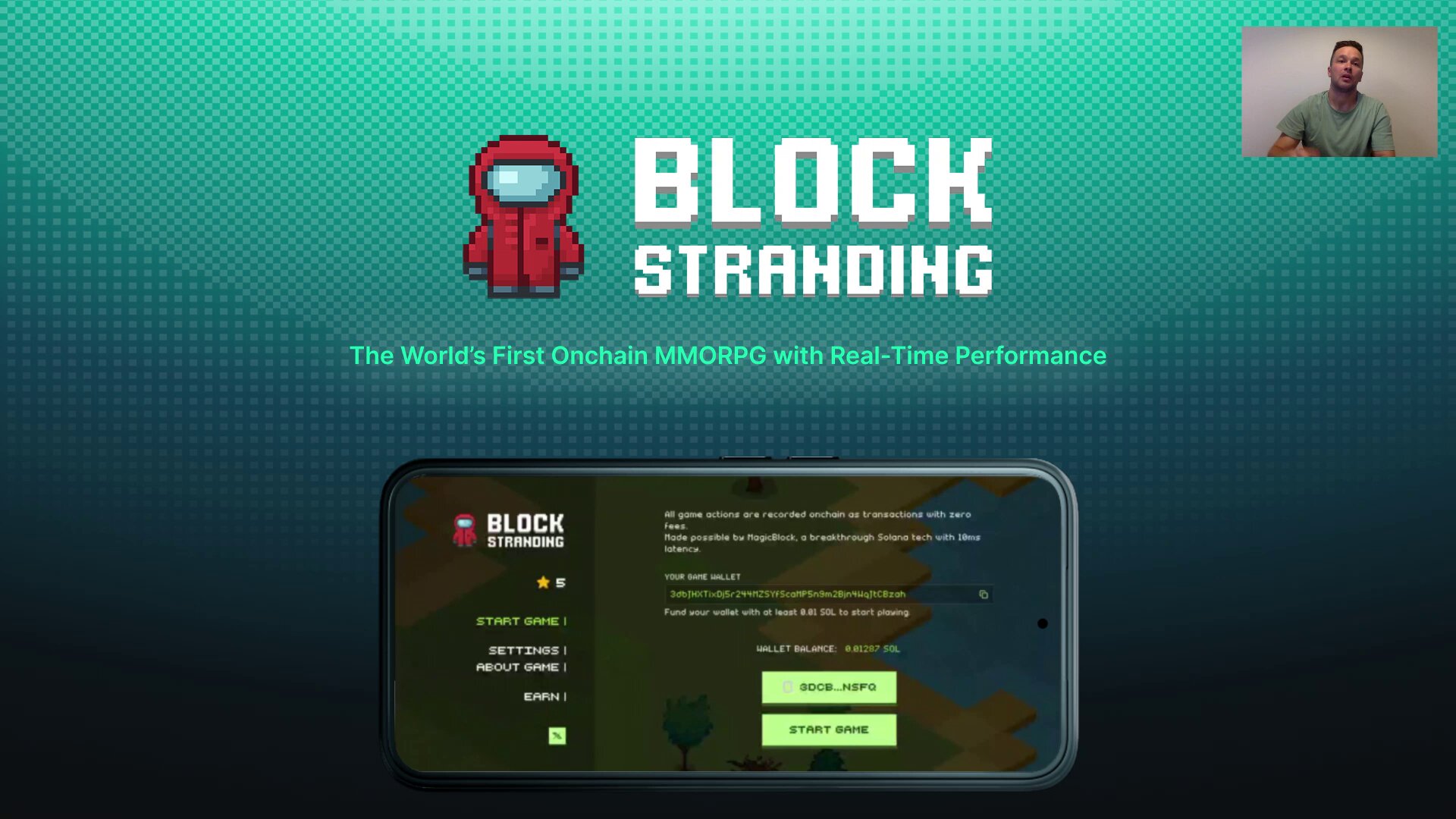
Fully On-Chain, Zero-Fee Transactions: Unlike most blockchain games that rely on off-chain logic or charge gas fees, Block Stranding executes all game logic on-chain with no transaction fees for players.
-
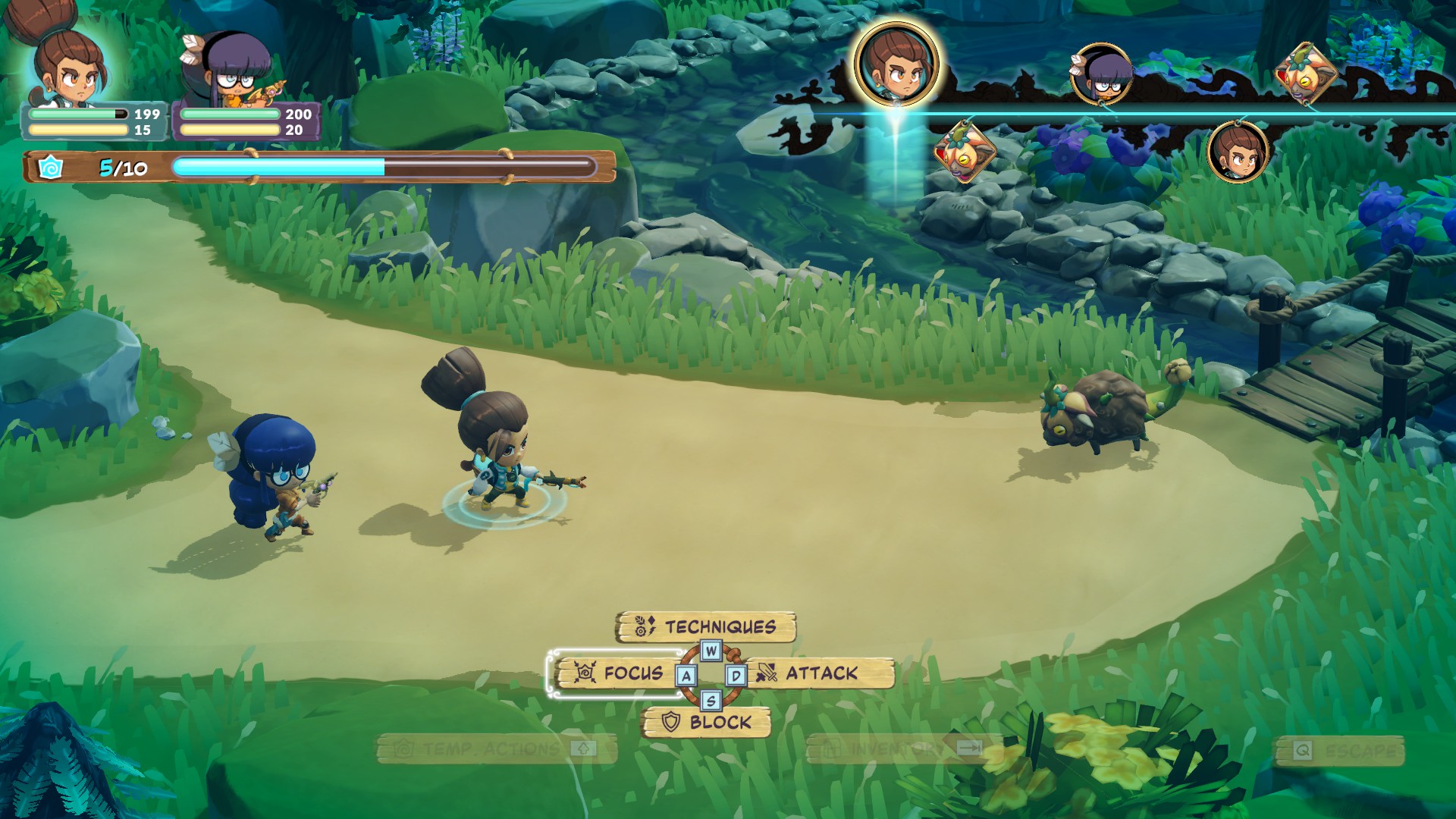
AI-Driven Testing and Real-Time Updates: The architecture integrates AI-driven stress testing and supports real-time world updates, enabling dynamic, large-scale multiplayer environments that legacy systems struggle to match.
-
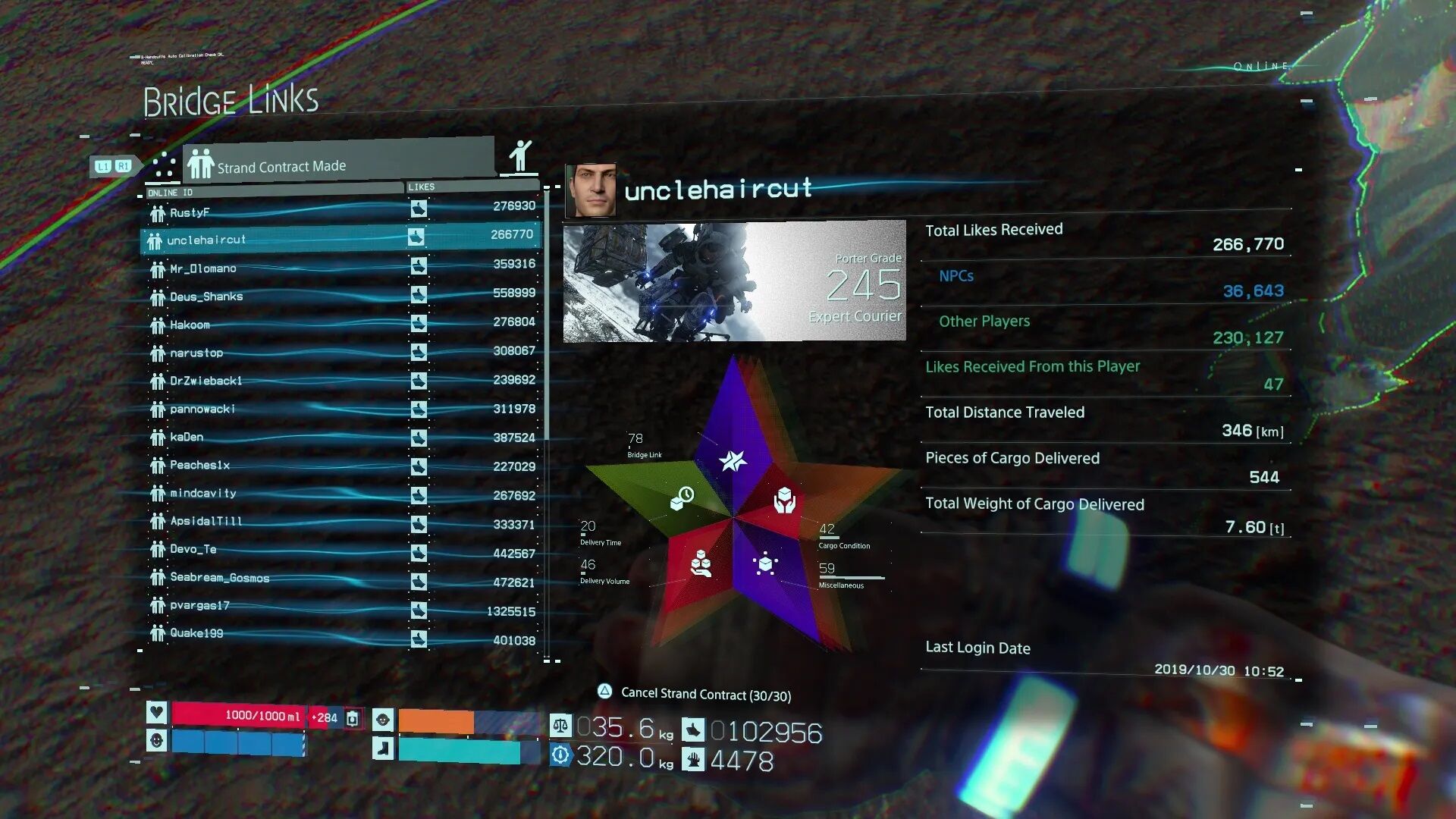
Innovative Create-to-Earn Model: Block Stranding introduces a create-to-earn system, empowering players to contribute to the game world and earn rewards—moving beyond repetitive play-to-earn loops common in earlier blockchain games.
This isn’t just about speed. MagicBlock allows for AI-driven stress testing (with bots simulating thousands of concurrent players), as well as complex mechanics like create-to-earn systems where user-generated content becomes part of the persistent world state.
Monad Games: Parallelization and EVM Compatibility at 10,000 TPS
If Block Stranding showcases what’s possible on Solana today, Monad Games hint at an even broader future for fully on-chain worlds. Monad is a new Layer 1 chain designed specifically for high-performance gaming dApps. It features:
- Parallelized EVM execution: Transactions are ordered first then executed concurrently by multiple cores.
- Pipelined BFT consensus (MonadBFT): Enables single-slot finality within one second.
- Full Ethereum tooling compatibility: Developers migrate existing Solidity codebases with minimal friction.
- 10,000 TPS throughput and amp; sub-second blocks: Real-time gameplay without sacrificing decentralization.
This architecture makes it possible to build complex MMORPGs where every quest completion, item trade, or PvP battle is an immutable on-chain event – not just a server log or database entry. The result? Persistent worlds where players truly own their actions and assets.
For developers, Monad’s architecture is a game-changer. The ability to deploy Solidity-based smart contracts at scale, with sub-second block times and 1-second finality, removes much of the friction that has historically plagued both builders and players. This means more responsive worlds, richer in-game economies, and the possibility of cross-game interoperability without the headaches of bridging or wrapping assets.
Players will notice the difference immediately: no more waiting for slow confirmations or worrying about failed transactions due to network congestion. With Monad, every sword swing, resource harvest, or market trade is as fast and reliable as any Web2 experience, yet remains fully transparent and verifiable on-chain.
What Sets Fully On-Chain MMORPGs Apart?
Key Advantages of Real-Time On-Chain MMORPGs
-

True Digital Ownership: Players have full control over in-game assets, items, and currencies, all verifiably stored on-chain and transferable outside the game ecosystem.
-
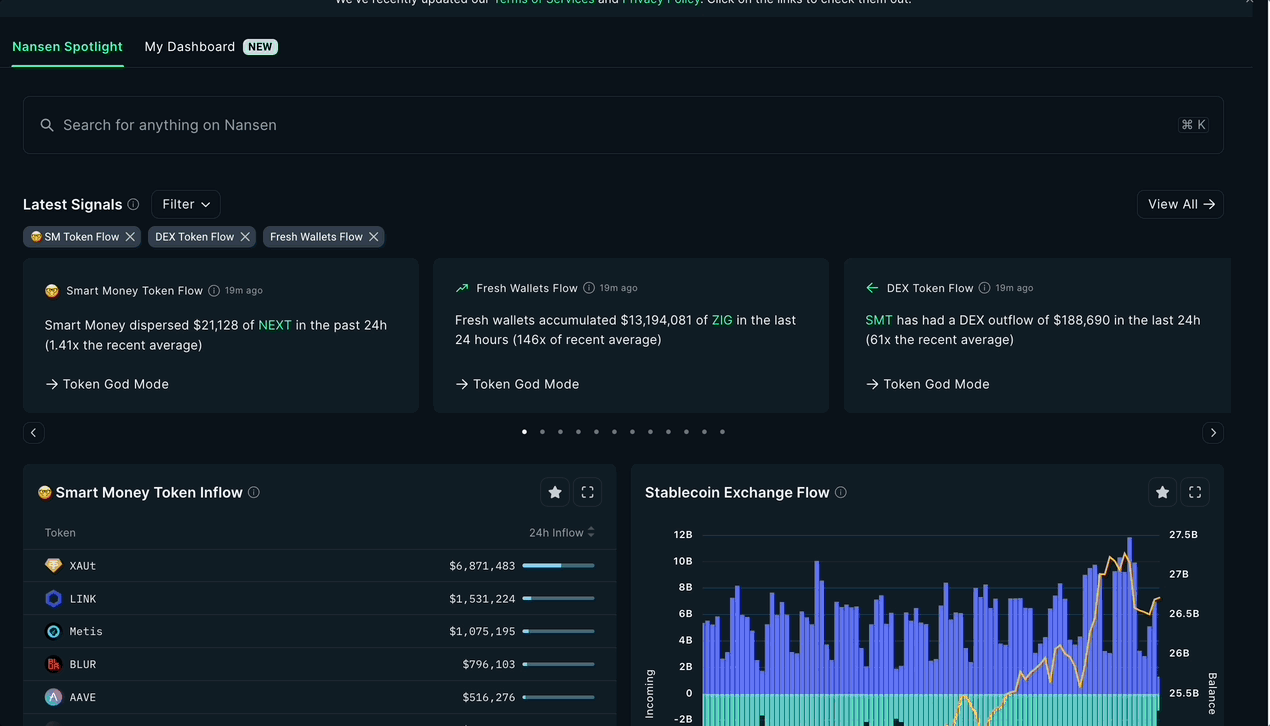
Seamless, Trustless Interactions: Every action and transaction is executed transparently on the blockchain, reducing the need for intermediaries and enabling secure, peer-to-peer gameplay.
-
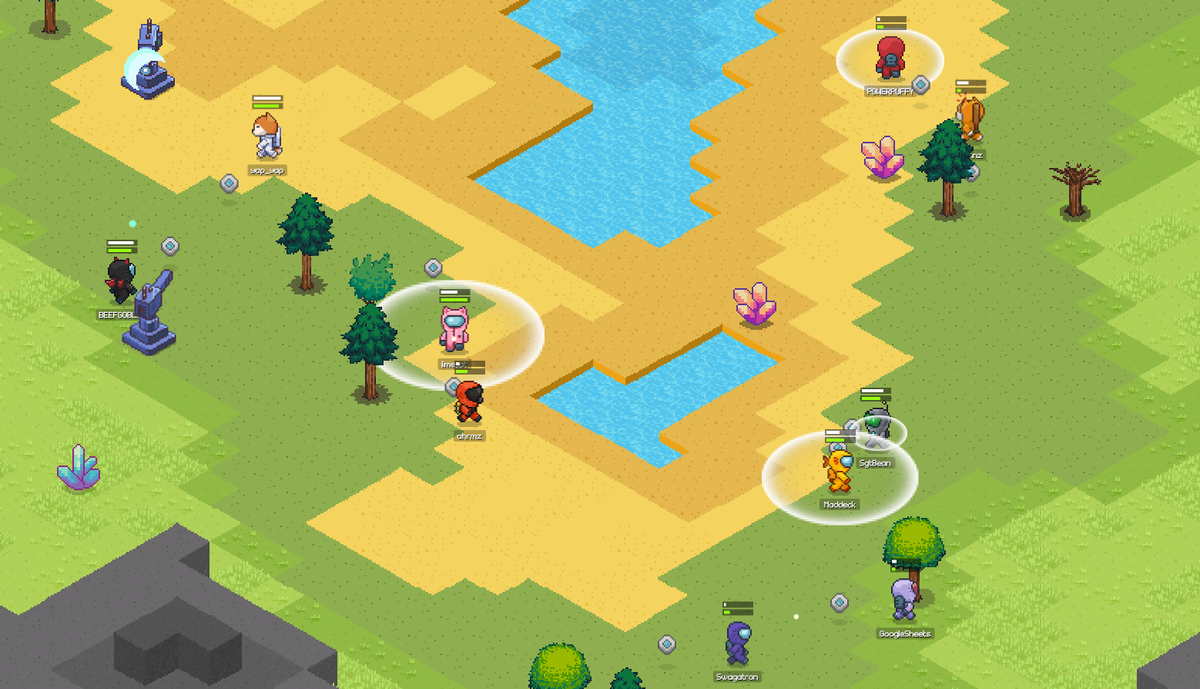
Real-Time Multiplayer Experiences: Leveraging high-throughput blockchains like Solana and Monad, games such as Block Stranding deliver instant updates and interactions, supporting large-scale multiplayer environments with minimal latency.
-
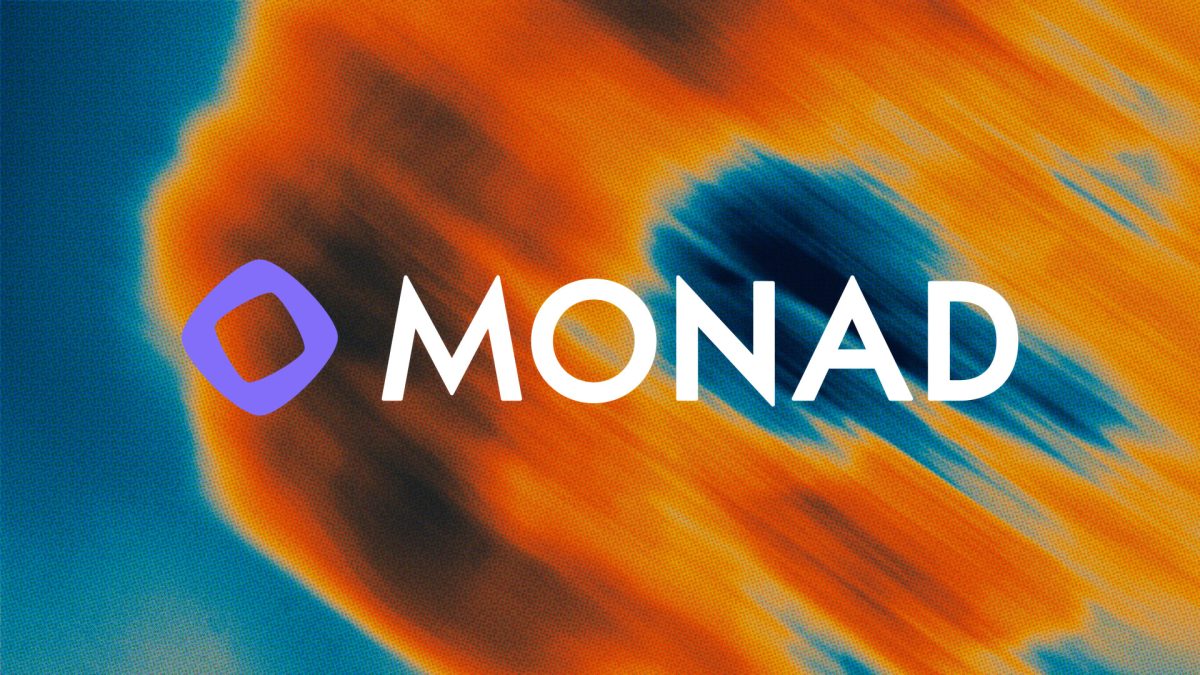
Enhanced Developer Flexibility: Platforms like Monad offer parallelized EVM execution and compatibility with Ethereum tooling, allowing developers to build complex game logic and innovate without scalability bottlenecks.
-
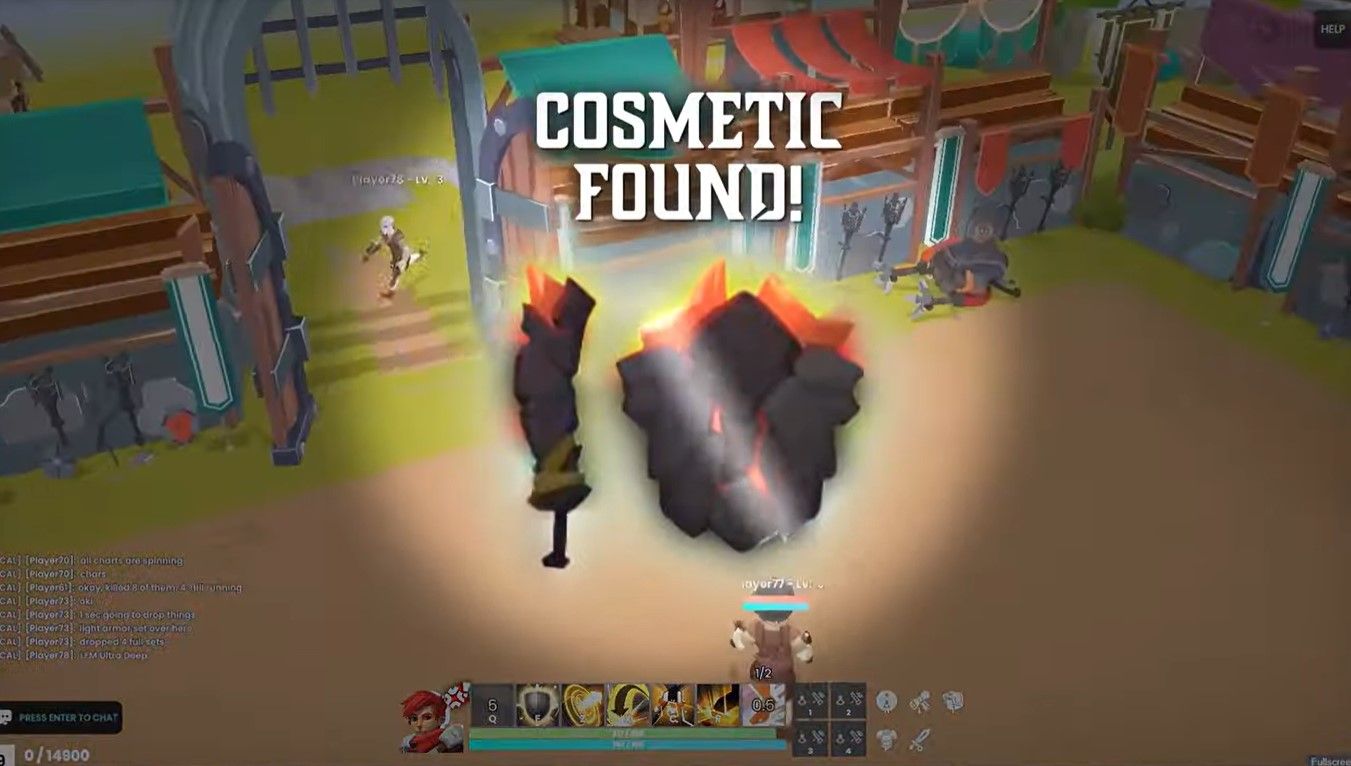
Player-Driven Economies: On-chain MMORPGs enable dynamic, player-driven markets and create-to-earn models, where economic activity is transparent, auditable, and directly influenced by the player community.
The shift to fully on-chain architecture isn’t just a technical upgrade, it’s a philosophical leap. Here’s why these advances matter:
- Radical Transparency: Every event is public and auditable. No hidden mechanics. No rug pulls.
- True Digital Ownership: Items, land, even characters are on-chain assets, yours to keep, trade, or use across compatible worlds.
- Composable Gameplay: Developers can build new games or features that plug directly into existing on-chain worlds.
- User-Driven Economies: Marketplaces operate without intermediaries. Create-to-earn models reward creativity instead of grind.
Both Block Stranding on Solana and Monad games are setting new benchmarks for what’s possible in this space. Block Stranding’s recent stress test proved that real-time interaction at scale is not just theory, it’s live today with over 120,000 transactions handled in under half an hour. Meanwhile, Monad’s promise of EVM compatibility at 10,000 TPS opens the door for Ethereum-native developers to join the movement without abandoning familiar tooling.
The Road Ahead: Opportunities and Challenges
The momentum behind real-time on-chain MMORPGs is undeniable, but so are the challenges that remain. Scalability is being addressed by platforms like Solana and Monad, but user experience still hinges on wallet UX, onboarding flows, and sustainable economic models that avoid pay-to-win pitfalls. Security remains paramount; as more value moves on-chain in the form of rare items or player-built structures, exploits become more lucrative targets.
Yet these hurdles are being tackled head-on by a new generation of teams who understand both gaming culture and blockchain fundamentals. The result? Worlds where players aren’t just consumers, they’re co-creators with unprecedented agency over their digital destinies.
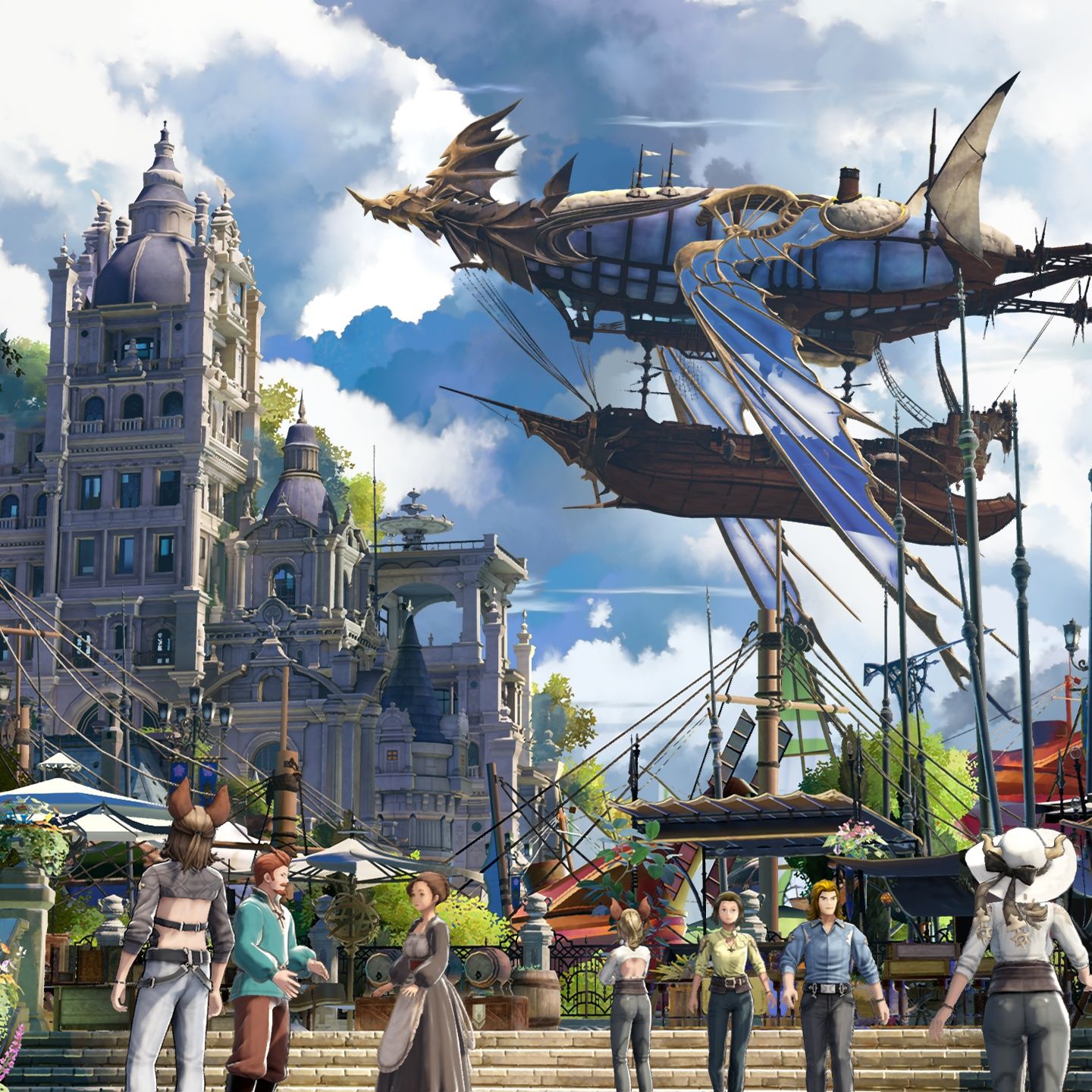
If you’re curious about diving deeper into this revolution, whether as a player eager to explore persistent digital frontiers or as a developer looking to build the next genre-defining title, the time is now. Real-time on-chain MMORPGs like Block Stranding and Monad-powered games aren’t just raising the bar; they’re rewriting what’s possible in interactive entertainment.



